In the realm of true crime and biopics, there are few figures that loom as significant — or as controversially — as Ryan Murphy.
It’d be ignorant to dismiss the underlying problem embedded in Murphy’s work, as he has blatantly stated and illustrated his eccentric praise given towards killers.
It’s morally wrong to view killers in an empathetic light, as many have taken lives, tortured the families of many, and have gone to vicious extents to cause harm to victims and others.
Regardless of the decisions made to include charming actors to take part in his works, catchy tunes during traumatic scenes, or perfectly styled outfits that take the viewers into the past, there’s no doubt that Murphy has crossed the line between things that have occurred, and his twisted visions on true criminals.
Murphy is known for the award-winning show, “American Horror Story”, in addition to his recent work on “Monsters: The Menendez Brothers”. Murphy has made a culmination of real-life tragedies and cinematic spectacles.
With his habit of leaning towards morphing perpetrators into understandable figures, the brilliant filmmaker has adopted the reputation of romanticizing killers. As time progresses and Murphy excludes facts and implements fiction, the elephant in the room remains — does Ryan Murphy go too far by making serial killers international icons?
Disputes regarding Murphy’s obsession with killers first sprung during his production on “American Horror Story”, more specifically with the first season: “Murder House”. The season showcases the deterioration of Tate Langdon, who Murphy drew inspiration from the Columbine perpetrators for his personality traits, rationale, and eventually, his actions. The apparent fascination with killers continued to grow, as the infamous producer began implementing real-life killers in new seasons of “American Horror Story” (AHS), such as Richard Ramirez, who was featured in a season titled “1984”. The season was extremely bizarre, incorporating factual killers with fictional characters, weirding the audience out – myself included.
Mr. Wilson, both an AP English Language teacher and an avid film connoisseur, has noticed the pattern that Murphy has created in his works.
“When you’re retelling someone’s life story, I always feel like both sides [of their story] should be shown. However, when altering the appearance and behavior of someone that exists, that’s when it gets complicated.”
Concerns regarding Murphy’s work continued to spur discussions around the globe, as he had taken his first role in creating and producing a biopic: “Dahmer”. The show retells the upbringing and unwinding of Jeffery Dahmer, starring Evan Peters to portray him, in which Murphy had embedded scenes that would evoke feelings of empathy and guilt in the viewers – something unfitting due to the cruel and vile behaviors suitable for the disreputable killer.
When the show was first released, I despised it due to the apparent sexual tone that Murphy established for the killer, as Jeffery Dahmer had no empathy for his victims and shouldn’t have been viewed in an admirable light.

Suspicions revolving around the notorious producer’s absurd adoration for killers have been confirmed in his works with “Monsters: The Menendez Brothers”, in which Murphy had altered the truth regarding the real-life abuse that the two brothers endured, making it seem as if they had acted sinisterly to harm and take the lives of their parents.
“He [Murphy] emphasizes the wrong sides of the story which sends the wrong message to people,” said a 10th-grade COMPASS student, Giselle Aguilar. “The Menendez brothers went through so much in their life, and the show barely cared to mention it. I think he shows the different perspectives of these stories, but when it comes to people’s real-life trauma, there’s only one way to tell it.”
In addition to distorting the story of the two brothers, Murphy had made the grand decision to cast Nicholas Chavez and Cooper Koch — two conventionally attractive men who depicted the brothers. Despite the multiple accusations towards the producer, like clockwork, trends regarding the show had been conjured up overnight, the show gaining millions of watchers due to the various edits, numerous songs, and outfits showcased in the series.
With the rise of online culture both romanticizing and glorifying killers, it’s obvious that Ryan Murphy has made a great contribution towards desensitizing his audience to both gore and genuine monsters. Regardless of having an attractive male star, eye-catching outfits, or even the (annoyingly) amazing songs featured in his works, it doesn’t disregard the fact that Murphy’s artistic vision is both twisted and disgusting.

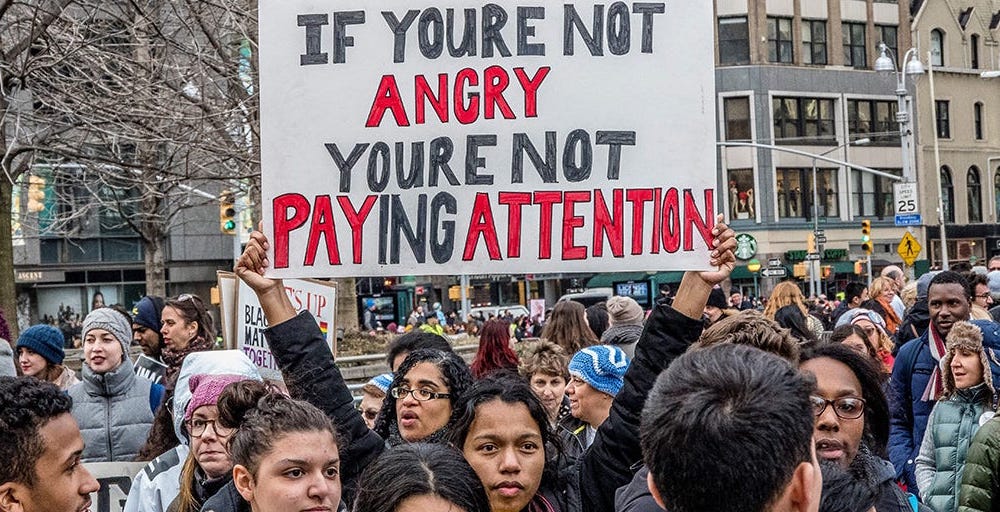







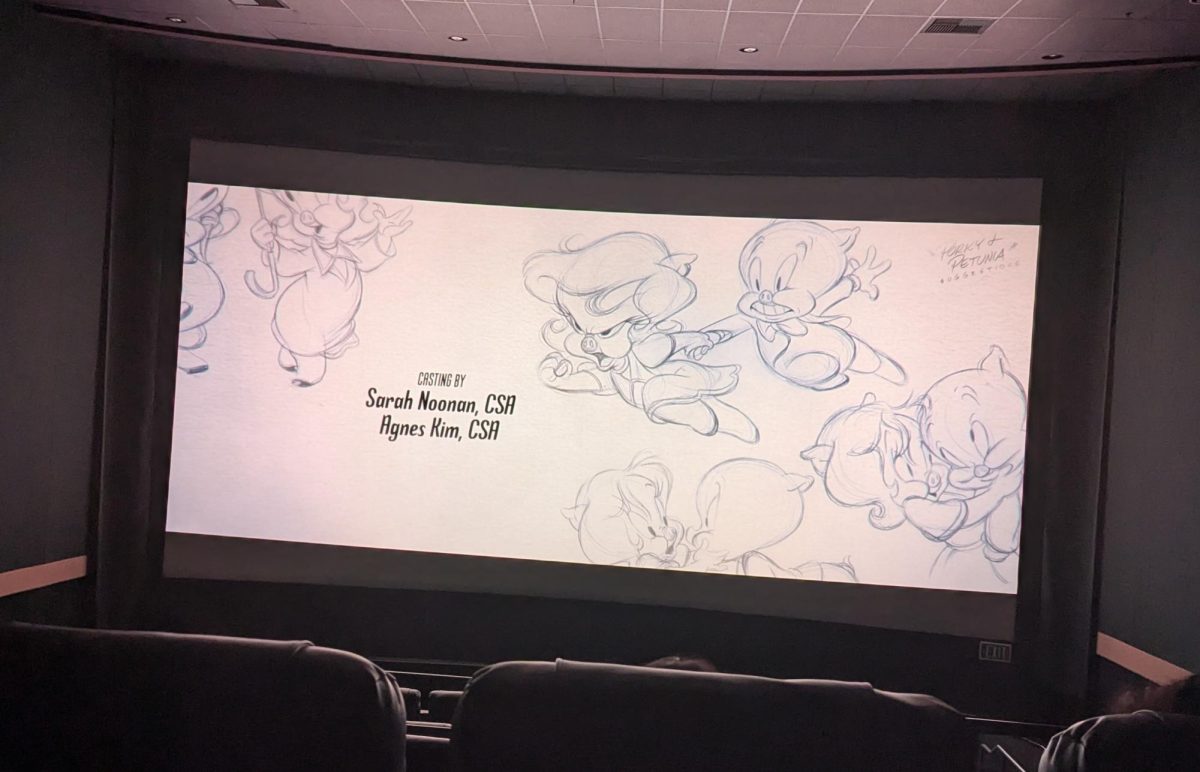






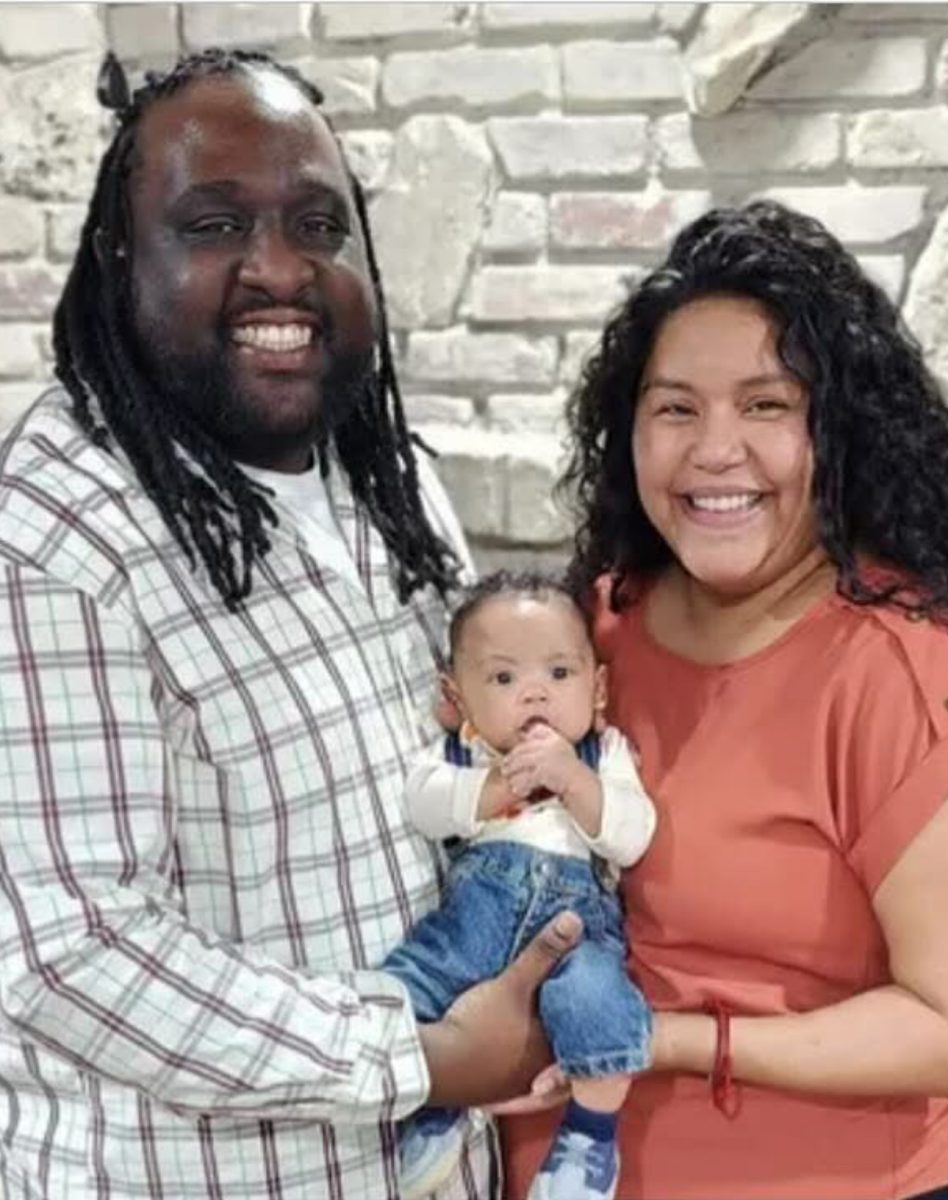



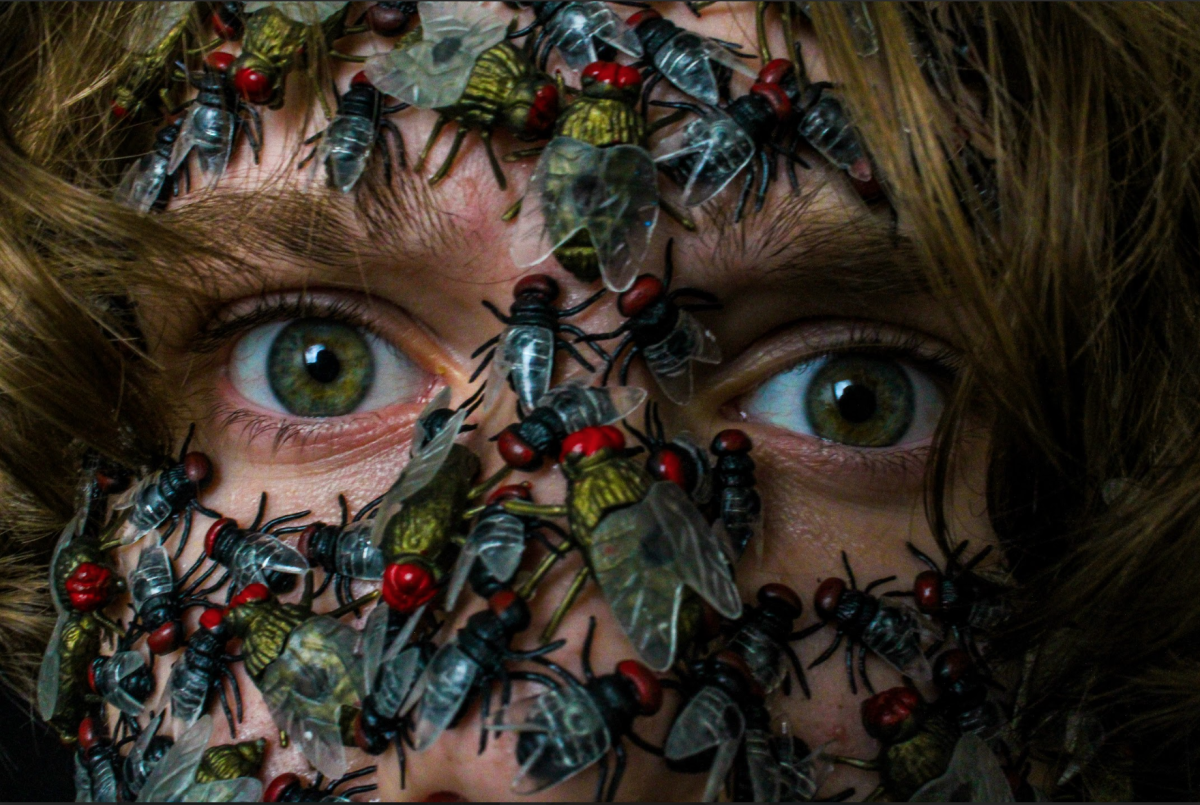



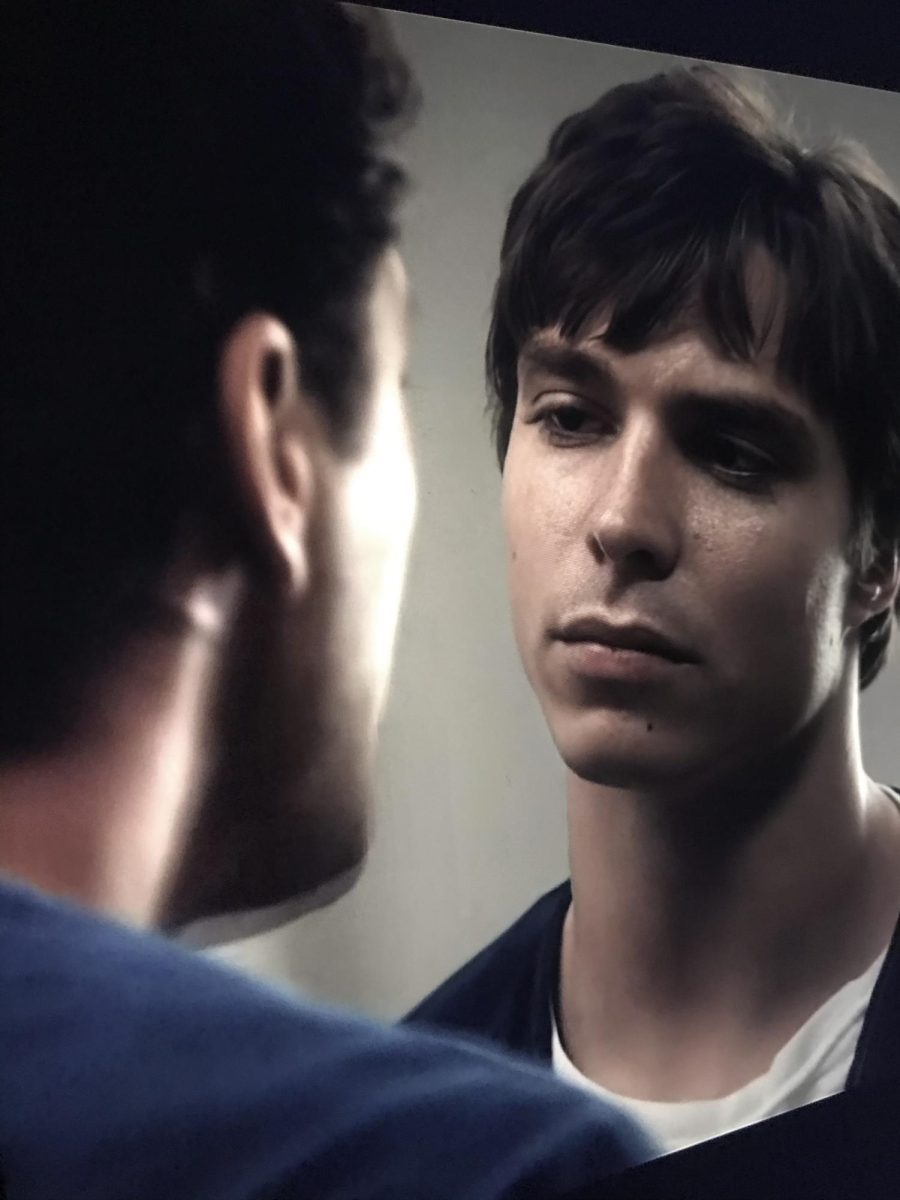


Eric Lambkins II • Jan 26, 2025 at 7:41 pm
So well written.